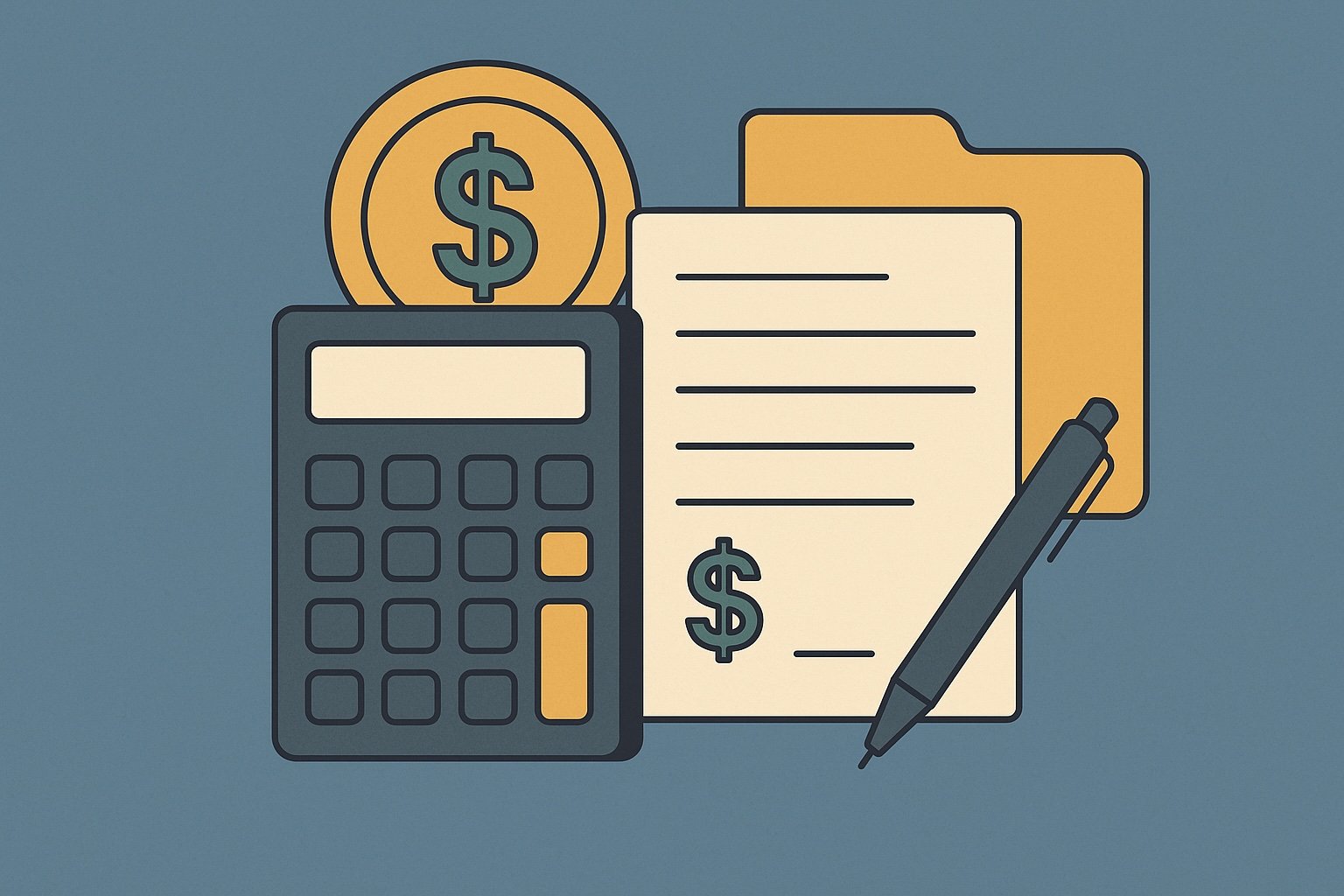Question
ARTE's Answer
When considering a 1031 exchange, it's crucial to understand what types of properties qualify and what might disqualify a property from being used in such an exchange. At Deferred.com, we specialize in facilitating these exchanges as a qualified intermediary, ensuring that your transaction meets all IRS requirements. Let's delve into the factors that could disqualify a property from being used in a 1031 exchange.
- Property Not Held for Investment or Business Use: One of the primary requirements for a property to qualify for a 1031 exchange is that it must be held for productive use in a trade or business or for investment purposes. If a property is held primarily for personal use, such as a primary residence or a vacation home, it would not qualify. For example, if you own a vacation home that you use exclusively for personal enjoyment, it would not be eligible for a 1031 exchange.
- Disqualified Property Types: Certain types of properties are explicitly disqualified under Section 1031(a)(2) of the Internal Revenue Code. These include:
- Inventory or stock in trade
- Stocks, bonds, or notes
- Other securities or evidences of indebtedness or interest
- Interests in a partnership
- Certificates of trust or beneficial interests
- Choses in action
- Property Not Like-Kind: The replacement property must be of like-kind to the relinquished property. In the context of real estate, this generally means any real property held for investment or business purposes can be exchanged for any other real property held for similar purposes. However, exchanging real property for personal property, such as machinery or equipment, would not qualify.
- Improper Use of a Qualified Intermediary: The use of a qualified intermediary, like us at Deferred.com, is essential in a deferred exchange to avoid constructive receipt of funds. If the taxpayer receives the proceeds from the sale of the relinquished property directly, it would disqualify the exchange. We ensure that the proceeds are held in a manner that complies with IRS regulations, maintaining the tax-deferred status of the exchange.
- Failure to Meet Timing Requirements: The IRS has strict timing rules for 1031 exchanges. The replacement property must be identified within 45 days of the sale of the relinquished property, and the exchange must be completed within 180 days. Failure to meet these deadlines would disqualify the exchange.
Example: Let's say you own a commercial building that you have been renting out for several years, and you decide to sell it and purchase a different investment property. You engage Deferred.com as your qualified intermediary to facilitate the exchange. We hold the proceeds from the sale of your commercial building and help you identify a suitable replacement property within the 45-day identification period. You then complete the purchase of a new apartment complex within the 180-day exchange period. Because both properties are held for investment purposes, and you have adhered to the timing and procedural requirements, the exchange qualifies for tax deferral under Section 1031.
By understanding these disqualifying factors, you can better navigate the 1031 exchange process and ensure that your transaction remains compliant with IRS regulations. At Deferred.com, we are here to guide you through each step, providing a seamless and cost-effective exchange experience with our "No Fee Exchange" service.
Have more questions? Call us at 866-442-1031 or send an email to support@deferred.com to talk with an exchange officer at Deferred.
Sources
- 1.1031(k)–1 (IRS Code of Federal Regulations)
- Publication 544 (2023), Sales and Other Dispositions of Assets
- TD 8535 (Like-Kind Exchanges of Real Property-Coordination with Section 453)
- TAM 200039005 (Failed Reverse Exchanges)
- Goolsby v. Commissioner
- Rev. Rul. 2002-83 (Related Party Exchanges)
- Teruya Bros., Ltd. & Subsidiaries v. Commissioner, 124 TC 45
1031 Question? Ask ARTE
Deferred's AI 1031 Research Assistant is trained on 8,000+ pages of US tax law and outperforms human CPAs by 22%+
CHAT NOW
Learn More
See more frequently asked questions about 1031 exchanges








